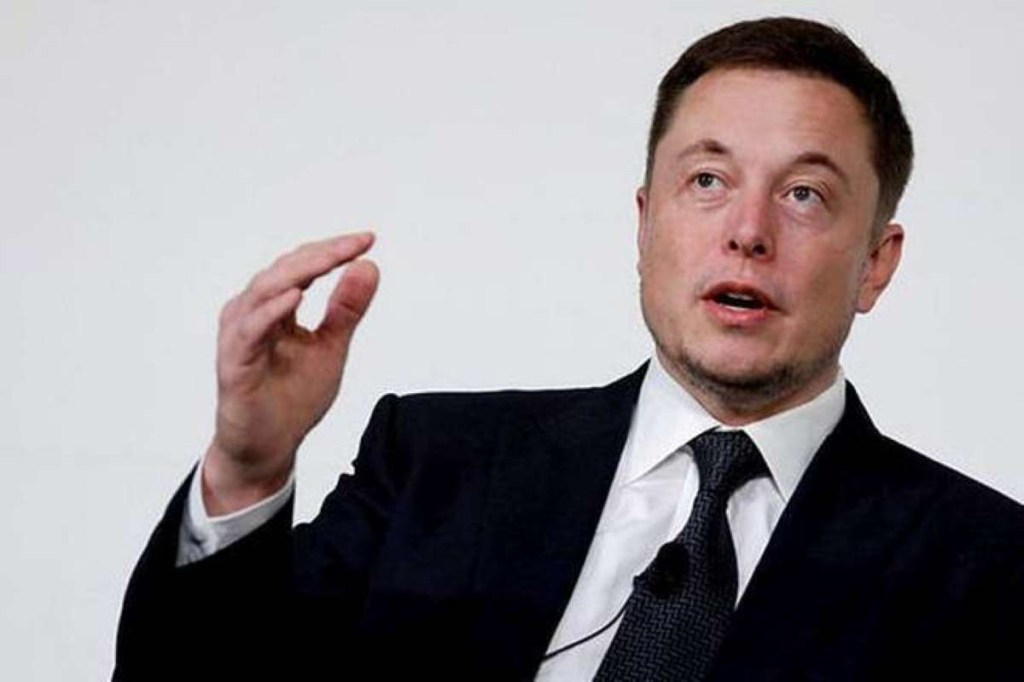In addition to being a pioneering techpreneur, Elon Musk has built his name being a social-media ace. Well, the pioneering techpreneur reputation that preceded his presence on social media sure helped, but you have to give it to his nose for what could trend among a certain tribe of netizens. You just have to look at his role in the recent GameStop upheaval—hedge funds looking to benefit from ‘shorting’ GameStop stocks saw a powerful pushback from netizens, organised by a group on Reddit.
Musk lent his support to the pushback—which has received notoriety as the 99% “giving it back” to WallStreet—with a tweet “Gamestonk” (“stonk” being a neologism meaning stock, but only with an ‘ironic’ nod to the pushback crowd’s relative lack of knowledge about trading). This kind of ‘popularity capital’ has allowed Musk to drive up Signal usage amid WhatsApp changing privacy rules—bear in mind, Musk doesn’t see eye to eye on most things with Mark Zuckerberg, whose Facebook owns WhatsApp.
Now, against the GameStop backdrop, Musk’s usage of a new ‘social’ media platform, Clubhouse, to chat with trading app Robinhood’s founder Vlad Tenev about the app’s role in stalling the pushback has spurred interest in Clubhouse. Clubhouse, true to its name, allows joining only upon invitation.
It has important guards against anonymous hate-speech, requiring mobile number based authentication of users for logging in. The Musk-Tenev hard-talk has pushed 3.6 million downloads of the app. Musk’s ‘social media influence’ could well be a game-changer, not just for Clubhouse, but for accountability for social media posts as users no longer remain anonymous and veiled.

